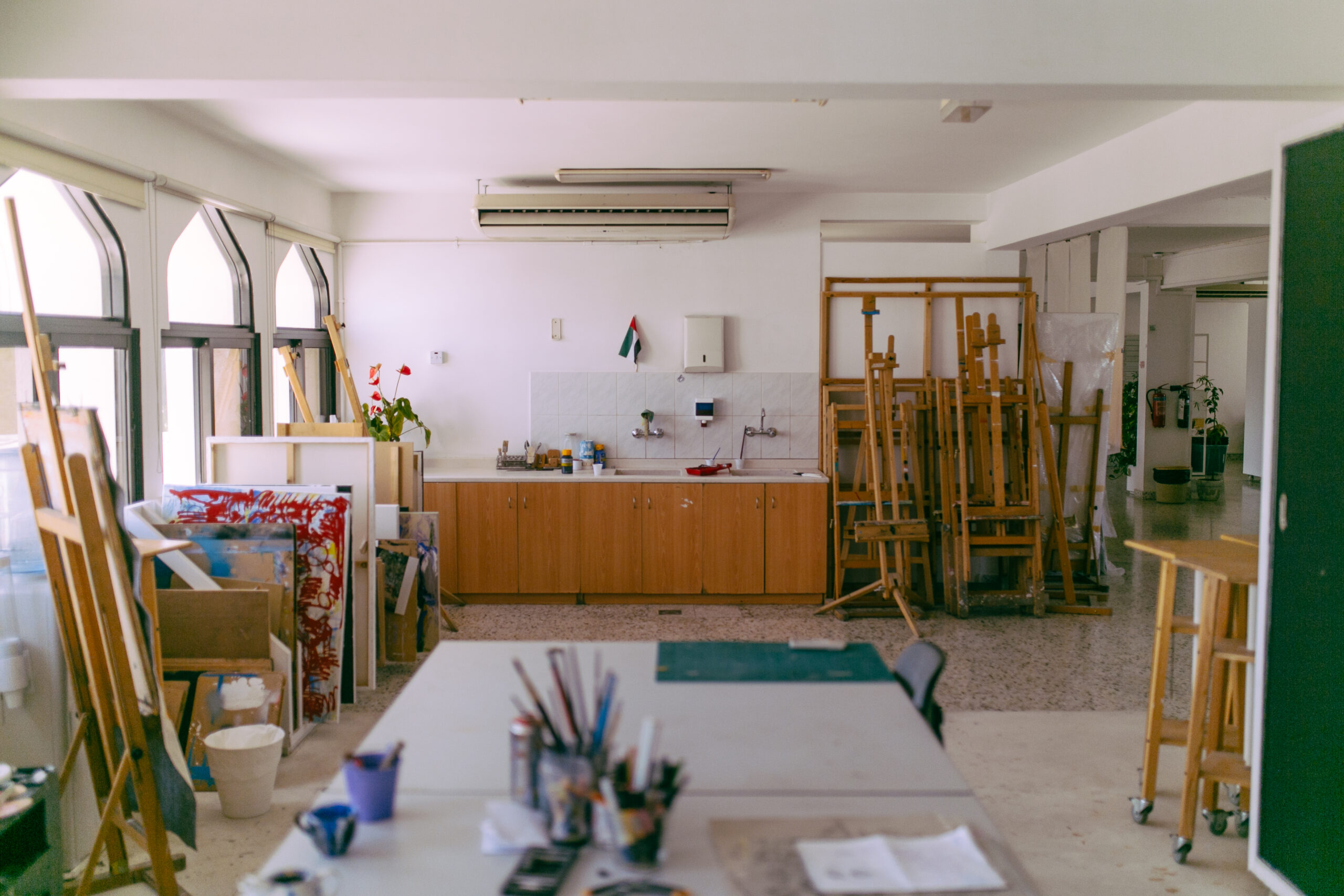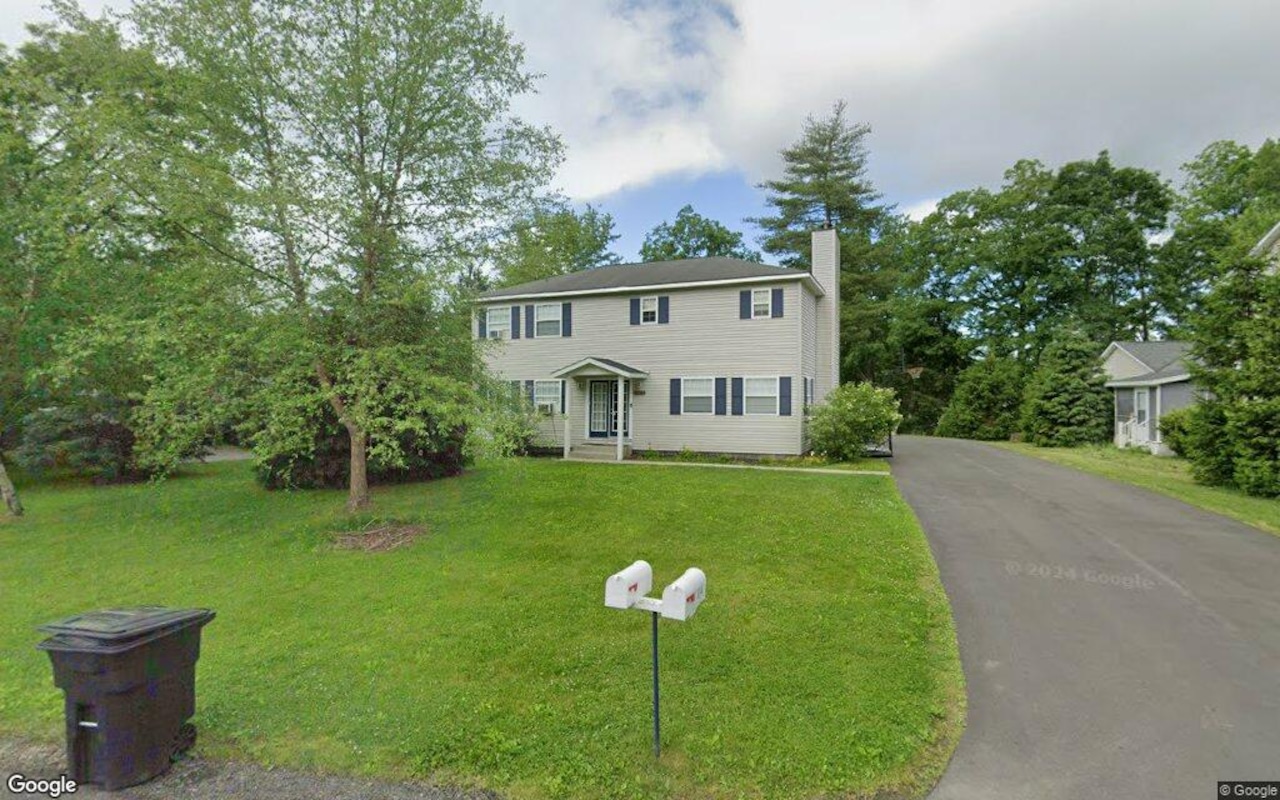A
ustin's arts and cultural organizations are facing significant challenges due to the city's hot commercial real estate market. At a recent Urban Land Institute Austin breakfast panel, experts discussed how to preserve these assets in the face of rising rent costs and development pressures. Anne Gatling Haynes, chief transactions officer for Rally Austin, highlighted that one-third of local creative organizations have leases set to expire within 18 months or less, making long-term planning difficult.
Haynes also noted that property taxes are increasing annually, with most leases passing this burden on to tenants. Additionally, insurance costs have doubled, and many venues are struggling due to decreased beer sales and a decline in post-COVID show attendance. This perfect storm of microeconomics makes it challenging for organizations to sustain themselves without some form of stabilization.
Rally Austin has worked to secure music venue and creative spaces through city-funded deals, while the city is implementing two new programs to incentivize developers to preserve or create space for cultural uses. The Place-Based Enhancement Program offers financial incentives for incorporating community benefits into projects, particularly in areas with high demand for affordable commercial space. The Creative Space Density Bonus District creates a zoning mechanism to protect and expand creative spaces across Austin.
In exchange for committing to affordable rents for at least a decade, property owners can receive zoning benefits, including increased building height allowances and exemptions from density restrictions. However, the city's tight budget and state law restrictions have limited the creation of more aggressive incentives for cultural uses. Donald Jackson, a business process consultant for the Economic Development Department, emphasized the need to explore additional funding options to support these initiatives.
Jenell Moffett, chief impact officer for Downtown Austin Alliance, stressed the importance of investing in the creative community, citing its significant economic contribution to the city's strength as a business center. She noted that programs like DAA's short-term lease initiative demonstrate how business and property owners can support the arts while also benefiting from their presence.














